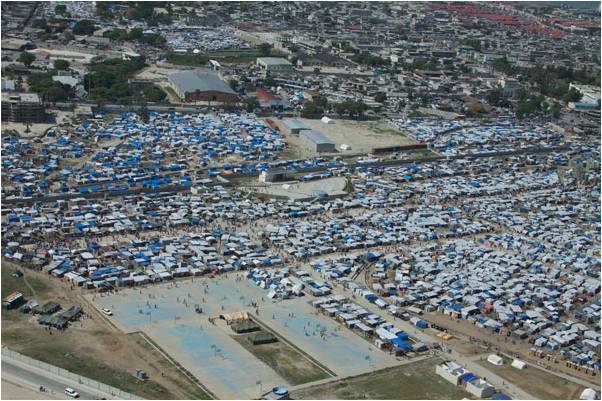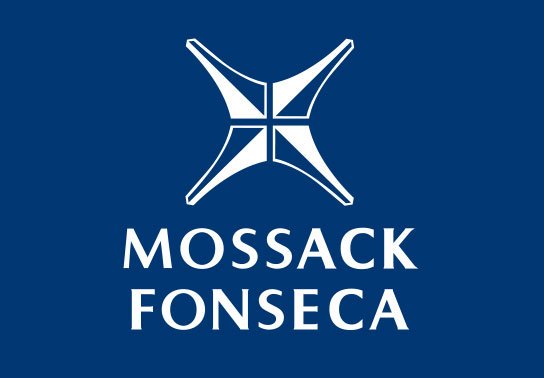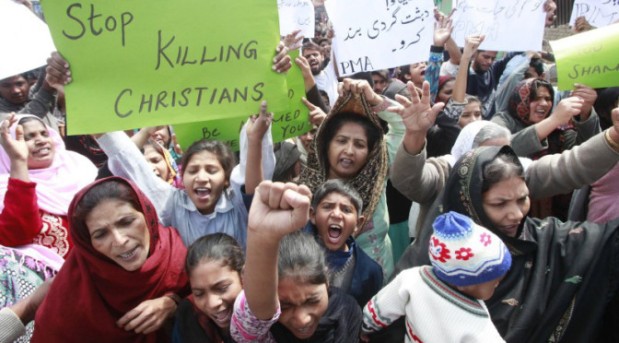The Passing of Legends

For people of a certain generation, this year has cruelly claimed three iconic figures have passed away, the latest being the singer Prince, who died at his home Minnesota on Thursday, April 21. Preceding him were the deaths of legendary footballer, Johan Cruyff, and a man whose music served as a soundtrack for this author’s life, David Bowie. His and Prince’s music defied the kind of categories music is now confined to, incorporating everything these two musical geniuses could inculcate to produce a unique sound. Cruyff revolutionized world football, the fulcrum of the 1974 Dutch team’s total football, and the rock of Barcelona’s current phenomenal success. Bowie and Cruyff reflect to an extent the 1970s, a time when social considerations were at their peak, while Prince was an escape from the 1980s of Thactherite/Reaganomics where greed and ‘me’ and no society supplanted any sense of responsibility for the weak. The memories these great individuals’ passing has provoked reflection about how finite life really is.


Birthday in Great Britain
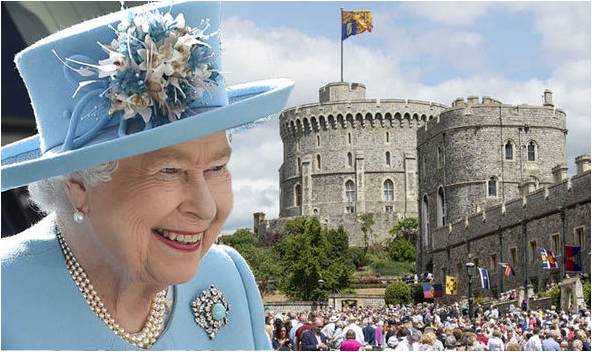
The Queen turned 90 this week, but if her mother’s life serves as a precedent, she could well reach the century mark. In many ways the monarchy, in the age of supposed meritocracy, seems an amusing anachronism. Those opposed to the monarchy argue about the absurdity of a modern state supporting the opulent lifestyle of a hereditary family, many originally from Germany. Yet in Britain, where Queen Elizabeth has ruled for 63 years, people seem on the whole content with the monarchy, and she is widely respected, even grudgingly so by those who believe the monarchy should be abolished. Defenders of the institution point to the billions of pounds brought in through tourism, much of which involves things associated with the Royal Family, the constant good works of the family members and the fact that the political power the Queen retains is extremely blunted. Good political leaders, and this includes Kings and Queens, are difficult to replicate once they go, and Elizabeth’s son Charles, if he ever gets to be king (!), will have a hard act to follow.
The collapse of the bicycle path in Rio de Janeiro
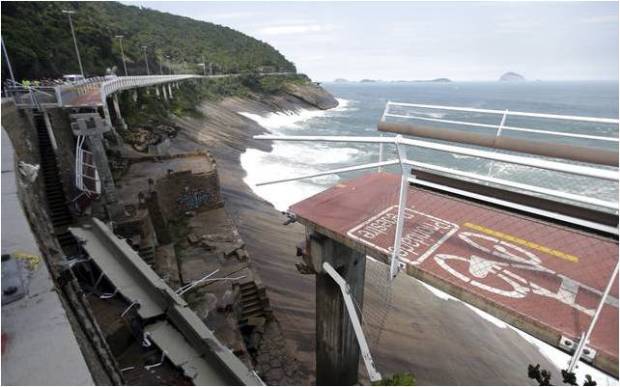
Once again, Brazil is in the international news for the wrong reasons. A gruesome accident occurred when a huge waves swept up the rock cliff, over which the stunning ciclovia is perched, and swallowed a huge 50 meter slab. At least three people died and some are questioning the soundness of the engineering and construction, which cost 44 million reais. Brazil’s pre-Olympics image was again battered as this raises safety issues and could reflect some of the pernicious effects of the corruption which plagues government contracts in Brazil, brought to light by the Lava Jato investigation. If it is proven that shortcuts were taken in the bike path’s construction to satisfy demands for bribes, public indignation will be further stoked.
Earthquakes round the world

April saw two major earthquakes of more than 7 on the Richter Scale occur in Japan (45 deaths) and Ecuador (650 + deaths), with the seismic events causing millions of dollars in damage as well. Earthquakes are striking in their impact according to the wealth of the country. Japan, one of the most frequent victims of earthquakes, where a 2011 one caused a Tsunami that destroyed the Fukushima nuclear power plant, has infrastructure prepared to weather their effects and deaths are much lower. Ecuador, a middle income country, has a higher victim rate, yet compared to Haiti, an extremely poor country, which lost over 100,000 people in the famous quake of 2010, is markedly more resistant. Experts assure us that these two earthquakes are in no way related, and in fact there are numerous tremors around the globe every day, hardly comforting.
